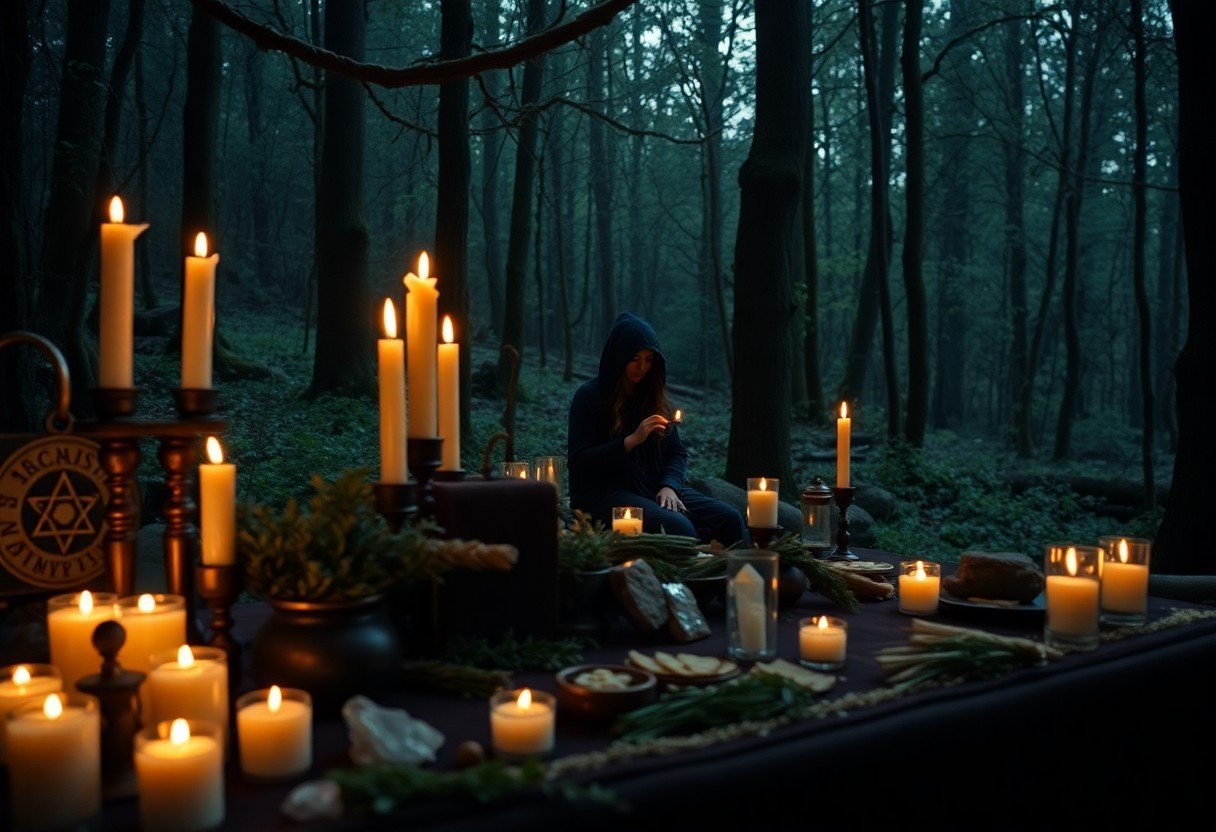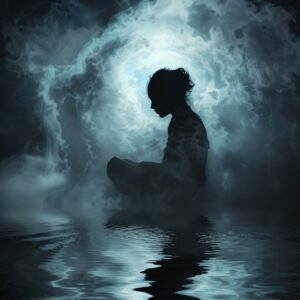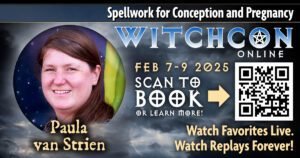Just as you explore the realms of spirituality and magic, you might wonder if Wicca and witchcraft are interchangeable concepts. While they often coexist and share some common elements, they are fundamentally distinct practices. Wicca is a modern, nature-based religion that emphasizes rituals, ethics, and seasonal celebrations, whereas witchcraft refers to a broader range of practices involving the use of magic, spells, and herbalism. Understanding these differences can enhance your appreciation of both pathways and help you make informed choices about your own spiritual journey.
Defining Wicca
The term Wicca refers to a modern pagan, witchcraft religion that emphasizes the veneration of nature, the practice of magic, and the worship of a Goddess and God. Often characterized by its rich traditions, rituals, and ethical guidelines, Wicca offers practitioners a framework for spiritual growth, connection to the natural world, and community involvement.

Silver Spoon of...
2.19$
Alchemy of Lead...
2.19$Historical Origins
Historical records trace Wicca’s roots back to the mid-20th century, primarily attributed to figures like Gerald Gardner. He blended ancient pagan practices with modern spiritual elements, promoting a faith that honors the Earth and its cycles. This revival sparked interest in the occult and led to the formation of various Wiccan traditions, rooted in an appreciation of pre-Christian practices.
Core Beliefs and Practices
Wicca emphasizes the belief in a duality of divinity, typically represented as the Goddess and the God, who embody the balance of nature. You will find that Wiccans commonly practice rituals to celebrate seasonal changes, perform magic, and engage in personal development. The ethical principle of “Harm None” is central, guiding practitioners in their actions and intentions. Ritual tools, such as the athame, wand, and pentacle, play a significant role in rituals, allowing you to channel your energy and intentions effectively. This philosophy and practice are deeply intertwined with respect for the world around you.
Understanding Witchcraft
While many people conflate witchcraft with dark magic, it is important to recognize that witchcraft encompasses a wide variety of practices and beliefs that revolve around nature, spirituality, and personal empowerment. You will find that witchcraft can be practiced without any malice or intent to harm others, often focusing instead on healing, protection, and enriching one’s life.
Historical Context
To fully understand witchcraft, it’s important to examine its historical context, as it has evolved significantly over centuries. Your exploration will reveal a rich tapestry of traditions, often rooted in ancient pagan practices, where witches were seen as wise individuals and healers in their communities before societal shifts led to persecution and the infamous witch hunts.
Modern Interpretations
Modern witchcraft has transformed, drawing from both historical traditions and contemporary beliefs. You may find that many practitioners today identify as part of a spiritual path that prioritizes personal growth, community, and harmony with nature.
Witchcraft often emphasizes the use of rituals, herbal remedies, and energy work to connect with oneself and the universe. In today’s context, you will discover that many practitioners advocate for empowerment and self-discovery rather than any notion of malevolence. Furthermore, the emphasis on social justice and environmentalism within modern witchcraft demonstrates its adaptability and relevance in addressing today’s challenges, fostering a positive and inclusive space for all who seek it.

Key Differences Between Wicca and Witchcraft
Even though Wicca and witchcraft are often used interchangeably, they encompass distinct beliefs and practices. Wicca is a modern, nature-based religion with specific deities and a structured belief system, whereas witchcraft refers to a broader set of practices related to the manipulation of energies and forces, which can be secular or religious. Understanding these differences is important for anyone interested in exploring either path.
Religious vs. Secular Practices
Secular witchcraft is typically not aligned with a specific religious framework and can be practiced by individuals from various spiritual backgrounds. In contrast, Wicca is inherently a religious path that involves the worship of a God and Goddess, along with adherence to ethical guidelines like the Wiccan Rede. Your approach will determine whether you embrace a structured spirituality or a more eclectic practice.
Rituals and Spells
The practices surrounding rituals and spells further differentiate Wicca from witchcraft. Wiccan rituals are often organized and symbolic, focusing on community and worship, while witchcraft may involve various spontaneous or personal methods to achieve results. Many practitioners of witchcraft may not follow a formal set of rituals.
Consequently, rituals in Wicca emphasize honoring deities and nature, incorporating the use of ceremonial tools and spells that align with their beliefs. In contrast, witchcraft spells can be diverse and tailored to your personal beliefs or intentions, using various materials like herbs or crystals. While both paths can be empowering, it’s important to approach them with respect and commitment, recognizing the responsibility that comes with the practice of energy manipulation.
The Intersection of Wicca and Witchcraft
Not all practitioners of witchcraft identify as Wiccans, and vice versa. While both share overlapping elements such as rituals, spells, and a reverence for nature, they diverge significantly in their frameworks and belief systems. Wicca is a structured religion with specific deities, while witchcraft can encompass a broader range of spiritual and magical practices, often personalized to the individual’s beliefs.
Common Practices and Beliefs
Above all, the practices in both Wicca and witchcraft include spellcasting, herbalism, and divination, often centered around the cycles of nature, such as the phases of the moon. Both may embrace concepts like energy work and intention-setting, reflecting a profound connection to the earth and the cosmos.
The Evolution of Both Traditions
Across time, Wicca and witchcraft have evolved, influenced by cultural shifts and historical events. Many Wiccans draw from ancient pagan practices, but they may also integrate newer ideologies that promote harmony and empowerment. In contrast, witchcraft is more eclectic, often reflecting regional customs and personal experiences, leading to a diverse range of practices and beliefs.
Intersection points between Wicca and witchcraft show a tapestry of human experience. As both traditions have evolved, their practices blend elements from ancient religions, local folklore, and personal empowerment. You might find that while Wicca emphasizes a structured community and the duality of deities, witchcraft allows for individual expression and flexibility. This dynamic interplay showcases the rich diversity in how spirituality manifests, illustrating both the positive and potential misjudgments surrounding these often-misunderstood paths.
To wrap up
Following this exploration, you can now understand that Wicca and witchcraft, while often intertwined, are not the same. Wicca is a modern, structured spiritual path with specific beliefs and practices, while witchcraft is a broader term that encompasses various magical practices that may or may not be tied to Wicca. Your understanding of these distinctions will enrich your comprehension of both traditions, allowing you to appreciate their unique aspects and the diverse beliefs that can exist within the realms of spirituality and magic.










